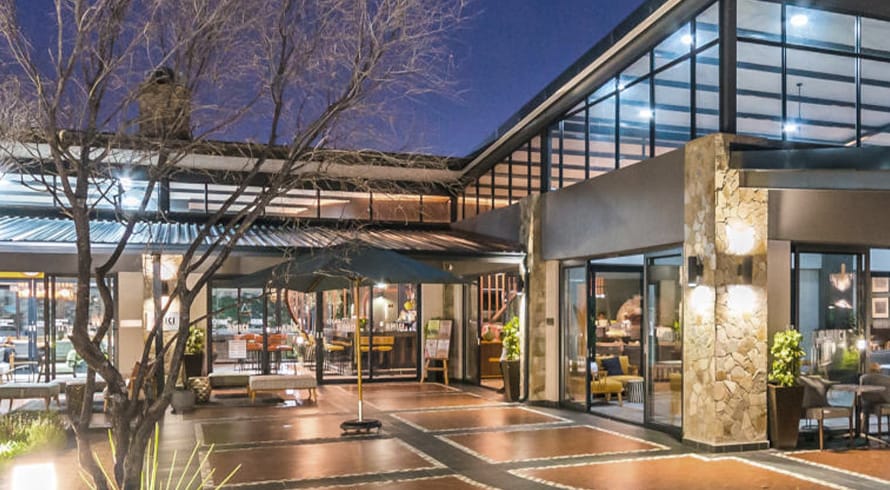International Arbitration: Selling features of an African-seated arbitration
It is thus far settled amongst various commentators that in order for parties to a dispute to conclude that a particular country is an arbitration-friendly jurisdiction certain requirements must be met:
- An established strong legal framework;
- An independent judiciary;
- Recognition and enforceability of foreign arbitral awards;
- No interference by the local courts at the seat;
- Privacy and confidentiality.
Does Africa meet these requirements?
A country is an appropriate choice for arbitral seating when the arbitral legal framework in that country is clear and unambiguous: the country has a competent, reliable, consistent and impartial judiciary and when the domestic law acknowledges the enforcement of the rule of law and arbitration as a medium for dispute resolution.
The United Nations Commission on International Trade Law (UNCITRAL) has developed the Model Law on International Commercial Arbitration. This Model Law or variations thereof can be adopted by a country to regulate international commercial arbitration. African jurisdictions such as Egypt, Tunisia, Kenya, Uganda, Rwanda, Nigeria, and South Africa have adopted the Model Law, which contains principles generally accepted to be international arbitration practice. The Model Law was developed to address the diverse approaches taken in international arbitration throughout the world and to provide modern and easily adopted rules.
The perception that international arbitral awards are only difficult to enforce in Africa is incorrect. African countries have regimes similar to those of developed arbitral jurisdictions. Many countries may face unexpected challenges concerning recognition and enforceability and Africa is no different. These challenges are, however, not only linked to the legal regime but also to the judicial perception of international arbitration in the particular country.
South Africa adopted the International Arbitration Bill (Bill) on 28 April 2016. This Bill provides for the incorporation of the Model Law on international commercial arbitration as adopted by UNCITRAL. South Africa like many other African countries has ratified (without reservation) the New York Convention (Convention). The provisions relating to the Convention ensure that foreign arbitral awards will be enforced in South Africa and permit domestic courts to refuse to recognise or enforce foreign arbitral awards in very limited circumstances. In any event, South African courts are long reputed to have issued orders recognising and enforcing arbitral awards from foreign jurisdictions.
The Bill further confirms that parties to international commercial arbitrations will have the benefit of privacy and confidentiality unless there arecompelling reasons for the contrary or the arbitrator directs otherwise. This means that all documents relating to the arbitration proceedings will be kept confidential by the parties and the arbitrator, except to the extent that disclosure is required because of a legal duty to do so or to protect or enforce a
legal right.
The greatest concern when considering an African-seated arbitration is the interference by domestic courts as such interference could cause delays and procedural uncertainty.
Although international corporates have been reluctant to have their disputes heard in Africa, increased attention on African arbitral centres, improved legislative frameworks reinforcing international commercial arbitration, better resources and training will enhance the attractiveness of African Institutions as arbitral seats.
The information and material published on this website is provided for general purposes only and does not constitute legal advice. We make every effort to ensure that the content is updated regularly and to offer the most current and accurate information. Please consult one of our lawyers on any specific legal problem or matter. We accept no responsibility for any loss or damage, whether direct or consequential, which may arise from reliance on the information contained in these pages. Please refer to our full terms and conditions. Copyright © 2024 Cliffe Dekker Hofmeyr. All rights reserved. For permission to reproduce an article or publication, please contact us cliffedekkerhofmeyr@cdhlegal.com.
Subscribe
We support our clients’ strategic and operational needs by offering innovative, integrated and high quality thought leadership. To stay up to date on the latest legal developments that may potentially impact your business, subscribe to our alerts, seminar and webinar invitations.
Subscribe




